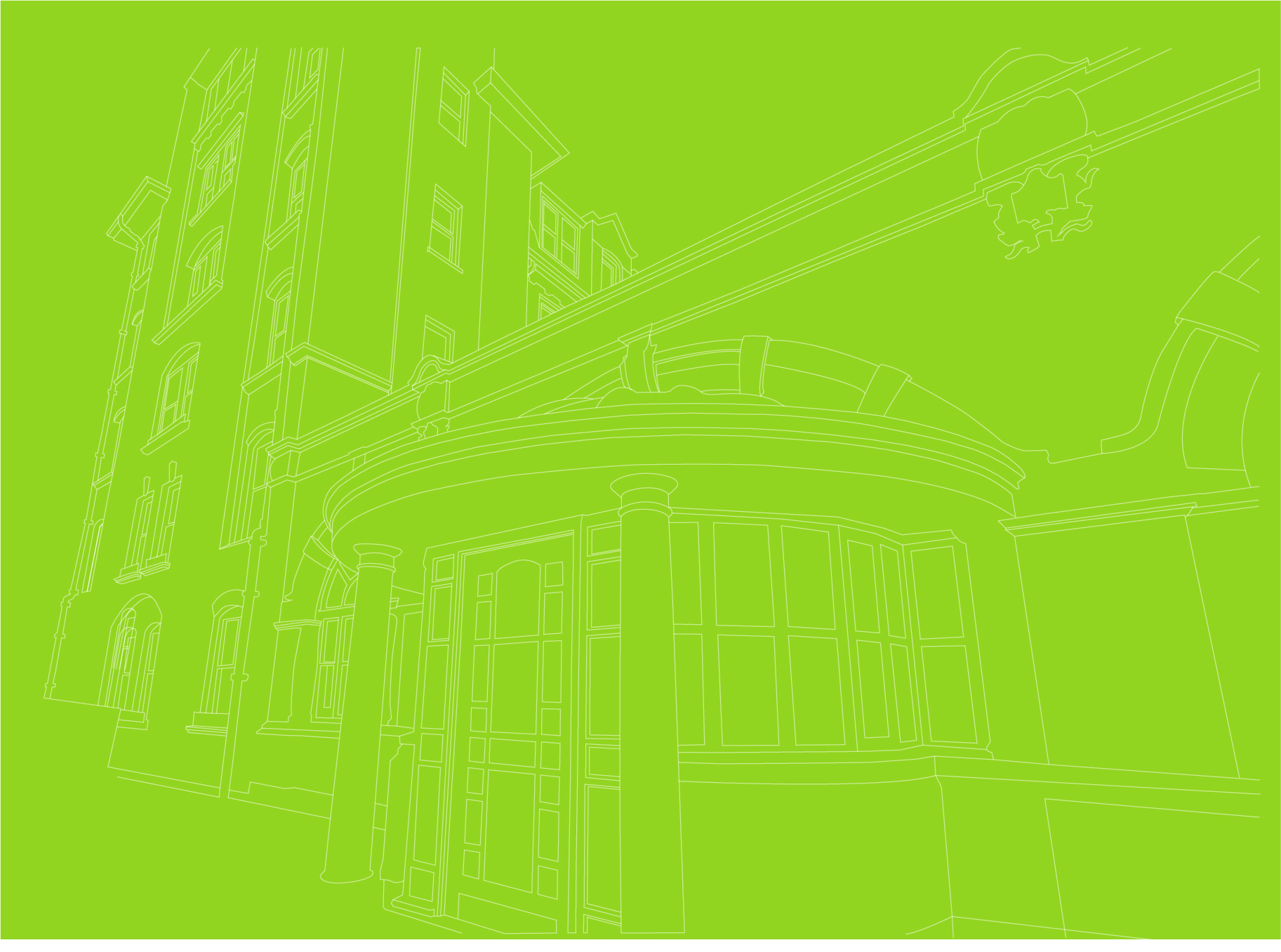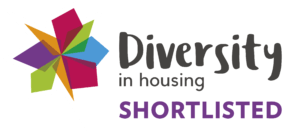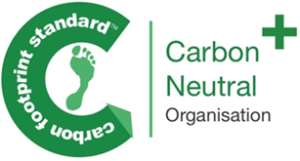Keeping homes safe is our top priority. We work closely with authorities, like the Fire Brigade, to achieve this, but we also need your help.
What we do to keep you safe
- We provide support for residents to evacuate – please see below. If you or members of your household need support to evacuate, please contact us.
- Carry out fire risk assessments with the fire service on all our buildings to identify any action required.
- Maintain smoke and heat detectors in homes.
- Check fire doors regularly, as they help stop fire and smoke spreading through a building.
- Update you on fire safety issues by letters, text messages, emails, newsletters, and within noticeboards.
- Inspect our blocks regularly to make sure that escape routes are clear.
- Remove household and other flammable items from corridors or cupboards in communal hallways. As well as fuelling fires, these can block escape routes in an emergency.
What you can do to help
- Make sure everyone in the household knows what to do in the unlikely event of a fire.
- Keep communal areas (corridors, stairs, entrance halls and outside your front door) clear of personal belongings and rubbish.
- If you own an e-scooter or e-bike, please be careful when charging batteries – please follow the advice issued by the London Fire Brigade. Although we recognise that electric bikes and e-scooters are becoming common modes of transport, please note that residents aren’t permitted to store or charge them in communal areas.
- Never have a barbecue on your balcony and ensure anything stored on the balcony is fireproof.
- Read any information we send you about fire safety.
- Call us on 020 8800 9606 if you spot any fire safety issues, such as faulty fire doors or emergency lights, or if you see rubbish or other items stored in communal areas.
- Test your smoke alarms every month by pushing the button until the alarm sounds. If it does not sound, the battery needs replacing. If the smoke alarm starts to bleep regularly, you need to change the battery immediately. Call the repairs line on 020 8800 9606 if you are unsure and need advice.
Free home fire safety visits
Fire brigades offer free home visits to talk to you about fire safety in your home.
London residents can book a visit. https://www.london-fire.gov.uk/safety/the-home/home-fire-safety-visits
Fire safety top tips
Barbecues
Everyone loves eating al fresco and nothing beats a BBQ. But they can be dangerous if not handled responsibly, so do keep safety in mind.
- NEVER use a barbecue – including disposables – indoors or on your balcony.
- Place your barbecue on level ground, well away from anything flammable like sheds, fences, trees or tents.
- Don’t use any flammable liquids on your barbecue – firelighters are a much safer option.
- Carefully supervise children – little ones may trip and fall, while older children might hurt themselves trying to help.
- Be pet-aware – they can cause accidents by getting under your feet, so either keep them indoors or at least out of the way of the BBQ.
- After cooking, barbecues can stay hot for hours, so take care if moving them.
Candles
A warm glow, delicate fragrance, relaxing atmosphere… candles have become much more than an emergency light source. But with their rising popularity comes greater risk of fire.
- Always put out candles, incense and oil burners when you leave the room and before you go to bed. Double check that the flame has been extinguished.
- Place candles in well-fitting, heat resistant holders on stable surfaces to reduce the chances of them being knocked over.
- Keep them away from materials that might catch fire, such as furniture, curtains, piles of paper, books and your hair. At Christmas, don’t place them anywhere near decorations.
- Use proper holders for tea lights, which get very hot and can melt through plastic surfaces like baths or televisions.
- Keep candles out of reach of children and pets.
- Why not try LED candles? They are safe even if you fall asleep or leave them on.
Cooking
Around 60% of fires start in the kitchen – more than in any other room in your home. Follow our tips to reduce risk:
- Don’t leave pans unattended on the hob or grill – if you have to leave the kitchen, turn off the heat.
- If you’re feeling tired, have been drinking alcohol or are taking medication that can make you feel drowsy, it’s safer not to cook and to eat something cold instead.
- Loose clothing can easily catch fire, so take care not to lean over a hot hob, and always keep tea towels and cloths away from the cooker and hob.
- Try to keep the oven, hob, cooker hood, extractor fan and grill clean. Built up fat and grease can ignite and cause a fire.
- Use spark devices to light gas cookers. They are much safer than matches or lighters, as they don’t have a naked flame. They are safer around children, too.
- Always make sure the cooker and hob are turned off when you’ve finished cooking.
- Check toasters are clean and not placed under kitchen cabinets or close to anything that can catch fire.
- Never put anything metal in the microwave.
- Always keep an eye on children and pets in the kitchen: don’t leave them unsupervised; put matches away; and keep saucepan handles out of reach.
Electrical appliances
Our homes are packed with electrical appliances that make our lives easier, better connected and more entertaining, but each is a potential fire hazard. Take the following precautions to minimise the risk.
- Only buy electrical appliances with a British or European safety mark.
- Keep electrical appliances clean and in good working order.
- Use the chargers that come with your phone, laptop or tablet. Buy genuine replacement chargers – never cheap alternatives.
- Don’t charge devices overnight – over-charging can increase the fire risk.
- Remove filter fluff from tumble dryers in line with manufacturer instructions.
- Switch hair straighteners off after use and leave to cool on a heatproof surface.
- Use one plug per socket, especially for products that use a lot of power, like washing machines, kettles or microwaves.
- Don’t overload extension leads and only use those with their own fused plug.
- Register white goods so manufacturers can contact you if there are safety concerns about your product.
- Share all your fire safety knowledge with the whole family
- If you spot signs of faulty wiring, such as scorch marks, flickering lights, hot plugs and fuses that blow for no obvious reason, please contact the repairs team on 020 8800 9606





